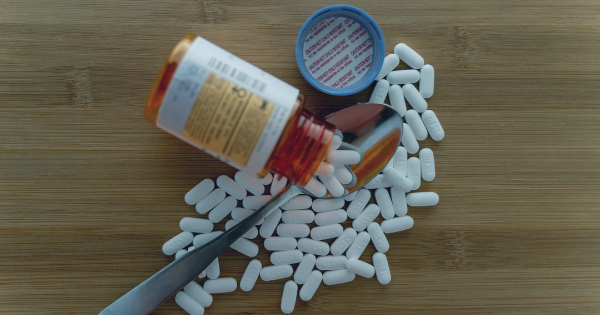Childhood grief statistics state that 1.5 million children live in a single-parent home because of the loss of one parent and nearly 2 million children under 18 have lost both parents. And according to the Department of Health and Human Services, more than 92,000 children were removed from their homes because at least one parent had an issue with substance abuse in 2016. It’s clear that the opioid epidemic has become a gargantuan problem that hasn’t spared any community but how do you start fixing a problem that has become this integrated into society? If you been curious about how you can start tackling the opioid epidemic that has plagued the great city of Rochester, check out these top three tips.
Educate Yourself
The first thing you should do is educate yourself, and those around you, about why the epidemic started and how people can become addicted to opioids. Check out these questions and answers to get better acquainted with the issue:
What is an opioid?
Opioids are drugs that help relieve pain by interacting with your body’s natural production of opioid receptors. Drugs in this classification can include Oxycodone, morphine, heroine, fentanyl, and many others.
How Do People Become Addicted?
Addiction happens when you continue to over-indulge in pain killers or other opiates. As you start taking these drugs, usually because they have been prescribed to you by a doctor, you start needing more than your regular dose to feel the effect. As you start taking more medicine, your body eventually becomes dependent on the substance. This is why people experience painful withdrawals when they try to stop taking opioids.
Why Don’t People Just Stop Taking Opioids When They Become Addicted?
The whole point of addiction is that the individual is physically unable to resist taking the drug they have become addicted to. Addiction is not a choice, and it can seriously alter the brain. These changes can even last long after the person has stopped using the drug, which is mainly why people relapse and experience intense cravings.
Shred All Of Your Medical Documents
Almost 30% of consumers fail to shred documents containing sensitive information before throwing them out. If you don’t shred your medical records, other people can access your information and potentially use your name to fill illegal prescriptions. When handling your medical records and prescriptions, it is best to follow a shred all policy. This means that you cross-shred all medical information that you do not need, or that cannot be obtained electronically.
Dispose Of Medication You No Longer Need
More than 2 million Americans misuse prescription pain drugs every year. In Rochester alone, there were 1,000 deaths from overdose in 2018. The easiest way for this to occur is for people to steal medicine from their family members and friends. The best way to prevent this from happening is to properly dispose of any leftover medication you have in the house. The Federal Drug Administration (FDA) recommends talking to your local law enforcement about using a drug take-back program. While some medications are okay to flush down the toilet or dispose of at home, using this program will ensure that the drugs are safely disposed of.
Final Thoughts
The opioid epidemic is a serious problem that is leaving many families broken, and forcing children to grow up without parents. By following the above three steps of educating yourself, shredding your medical information, and disposing of unused medication, you can help reduce the impact the epidemic will have on your community. You can also share this article with a friend, or tell someone you care about how they can also help stop the spread of opioid addiction.



